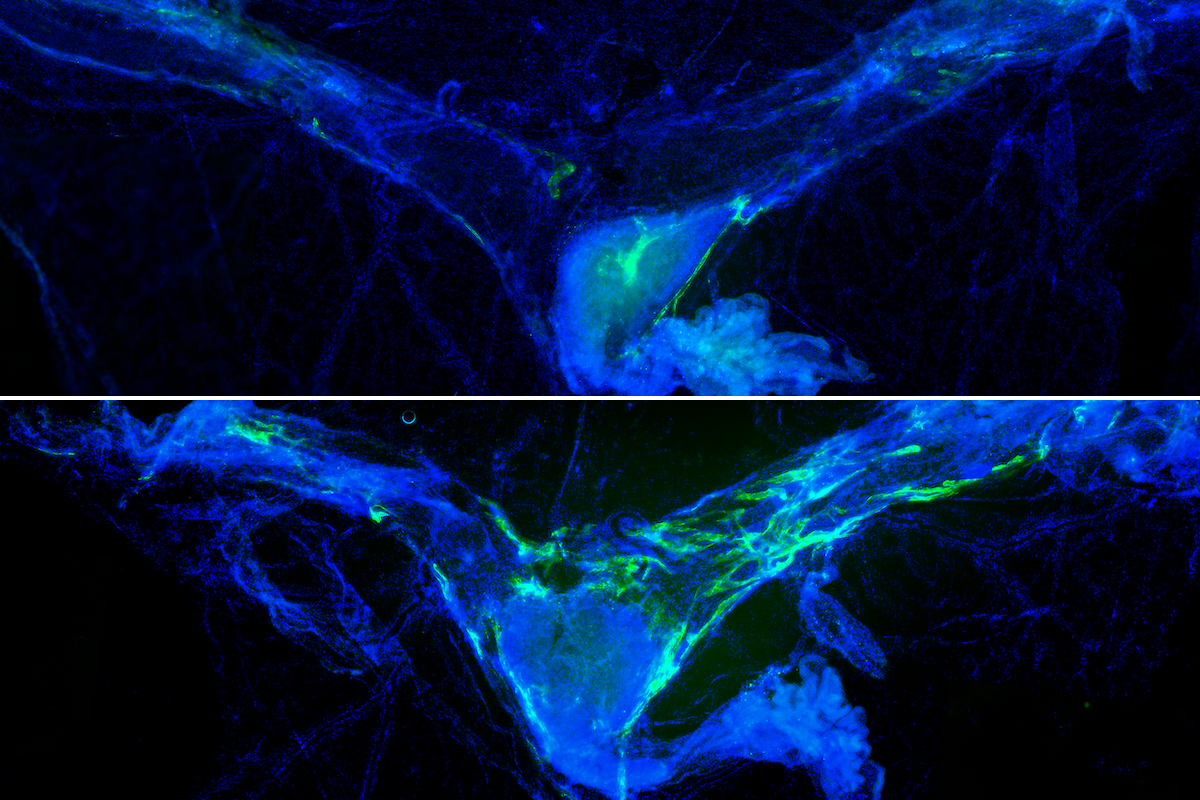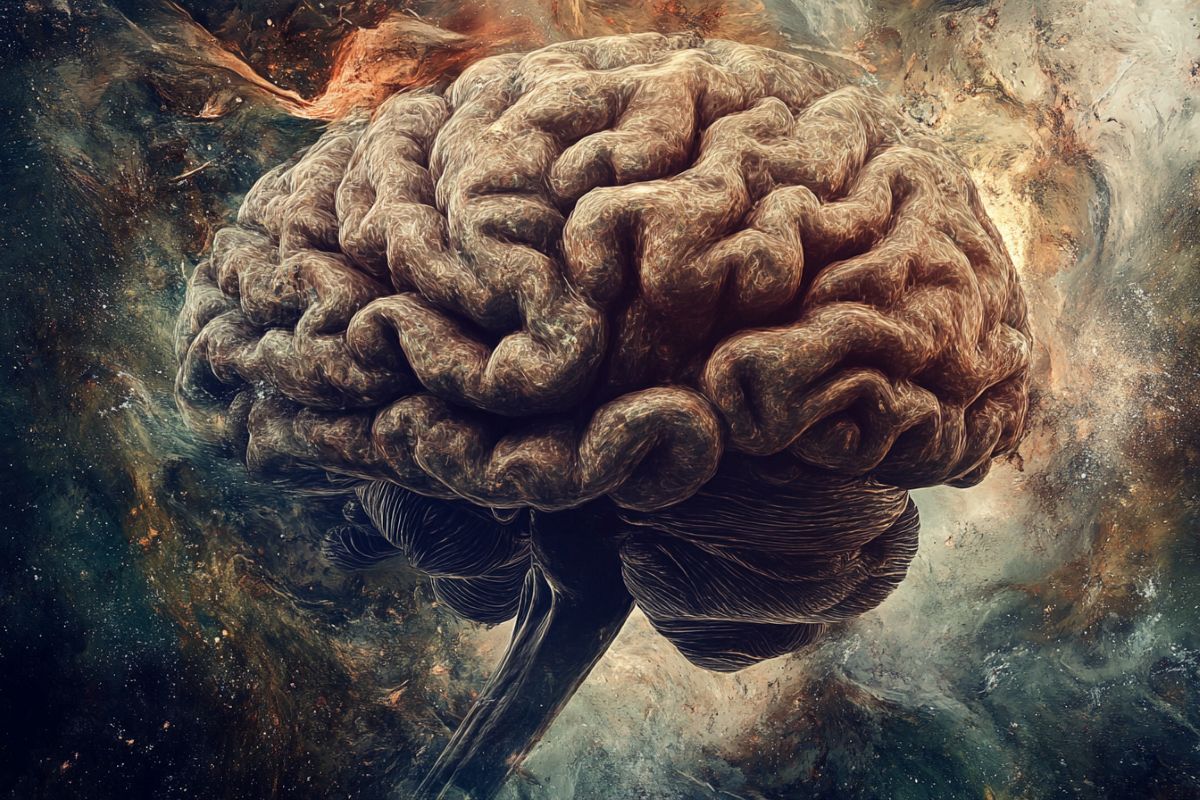The main pharmacological treatment for major depressive disorder (MDD) are selective serotonin re-uptake inhibitors (SSRIs). However, a significant number of individuals do not respond to these drugs. Given the increasing global prevalence of major depression, it is crucial to explore new pharmacological treatments for non-responders. However, a comprehensive understanding of how these drugs work is currently lacking.MDD is a debilitating and distressing mental health condition that traps sufferers in a rigid and negative state of mind. Evidence suggests that this lack of flexibility is linked to cognitive changes, including negative thoughts and biases, as well as issues with learning and memory.In a recent study published in Molecular Psychiatry, it was found that the SSRI escitalopram may enhance brain “plasticity” – increasing flexibility and adaptability, and the ability to facilitate communication between neurons. Brain plasticity refers to the ability of neural circuits to change through growth and reorganization. Learning involves brain plasticity, including changes in neural circuits, which can aid in recovery from depression.One new treatment option for depression, approved by the US FDA, is intranasal esketamine, although it has not been approved for use by the NHS. Psychedelic drugs like LSD and psilocybin are also being investigated for treatment-resistant depression in research studies, but are not yet approved by regulatory bodies. When studies are conducted, there is careful monitoring by a medical professional to ensure participant safety.SSRIs and psychedelics target the same 5HT-2A brain receptor. In contrast, eskatamine, like ketamine, works on a different receptor (N-methyl-D-aspartate or NMDA), affecting the brain chemical glutamate.So how do SSRIs and psychedelics work to alleviate depression symptoms? Currently, the full picture is not yet clear. However, the 5HT-2A receptor is linked to the brain chemical serotonin, increasing its levels in the brain. A recent study has indicated reduced serotonin levels in people with depression.SSRIs also affect the neurotransmitters GABA and glutamate. The latter has been associated with learning, cognition, and memory – suggesting that SSRIs may aid in restoring cognitive function. While the exact mechanisms of psychedelics are not fully understood, their antidepressant effects appear to work similarly to SSRIs due to their impact on 5HT-2A receptors. However, psychedelics also cause other reactions such as hallucinations.Measuring brain plasticityAll of these drugs are thought to affect brain plasticity. However, estimating levels of brain plasticity in humans can be challenging. One common method used by scientists is to measure a protein called brain-derived neurotrophic factor (BDNF) in blood samples.BDNF enhances brain plasticity by increasing the number of synapses, as well as the branches and growth of developing neurons. Synapses are crucial in brain function as they allow the transmission of signals from one neuron to another. They also store brain chemicals for release.Some studies have shown that antidepressant drugs increase BDNF. However, improved techniques are needed to study plasticity in the human brain.To develop better drugs, one approach is to find antidepressants with a faster mechanism of action. According to the NHS website, SSRIs typically take two to four weeks before any benefit is felt.It is suspected that the reason for this delayed effect may be that brain plasticity needs to occur with SSRI treatment. As this process involves rewiring, the creation of synapses and circuits isn’t instant but may take around 14-21 days.In a novel study conducted by the University of Cambridge and the University of Copenhagen, a new technique was used to measure plasticity in the human brain following SSRI treatment for the first time.Thirty-two participants underwent positron emission tomography (PET) scanning to detect the amount of a protein called “synaptic vesicle glycoprotein 2A” (SV2A) in the brain. SV2A is a marker of synapse presence. An increased amount suggests the presence of more synapses, indicating higher brain plasticity.Results showed an increase in this protein as a result of taking escitalopram (an SSRI). It was found that increased SV2A, associated with an increased duration on the drug. These findings indicate that brain plasticity increases over three to five weeks in healthy humans following daily intake of escitalopram.This is the first evidence in humans that SSRIs indeed enhance neuroplasticity, as observed in the brain, and that this is one of the reasons they can treat depression. Similar evidence from studies in the human brain is still needed for psychedelics.It makes sense that if antidepressant treatment enhances brain plasticity, it should make it easier for individuals undergoing treatment to learn new things. The ability to adopt new strategies and modify them if needed (cognitive flexibility) is crucial for recovering from depression.![]() This article is republished from The Conversation under a Creative Commons license. Read the original article.
This article is republished from The Conversation under a Creative Commons license. Read the original article.
How Antidepressants, Ketamine, and Psychedelic Drugs Can Enhance Brain Flexibility














